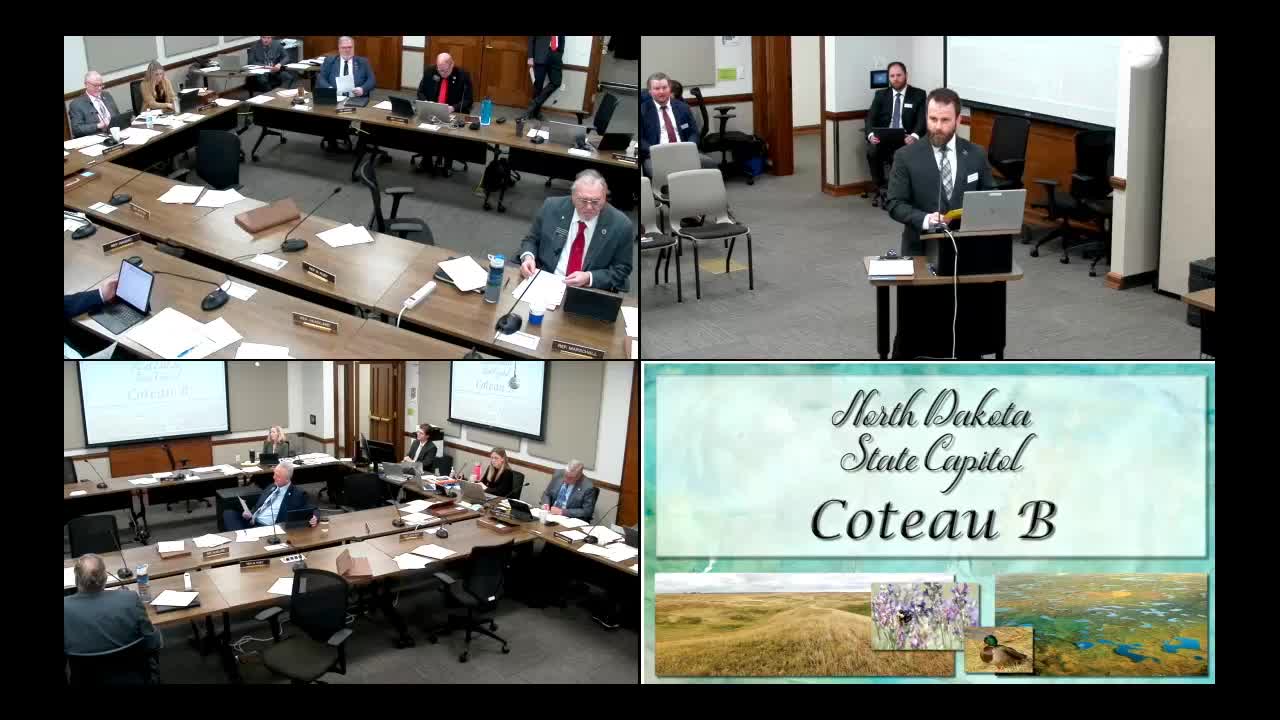Article not found
This article is no longer available. But don't worry—we've gathered other articles that discuss the same topic.
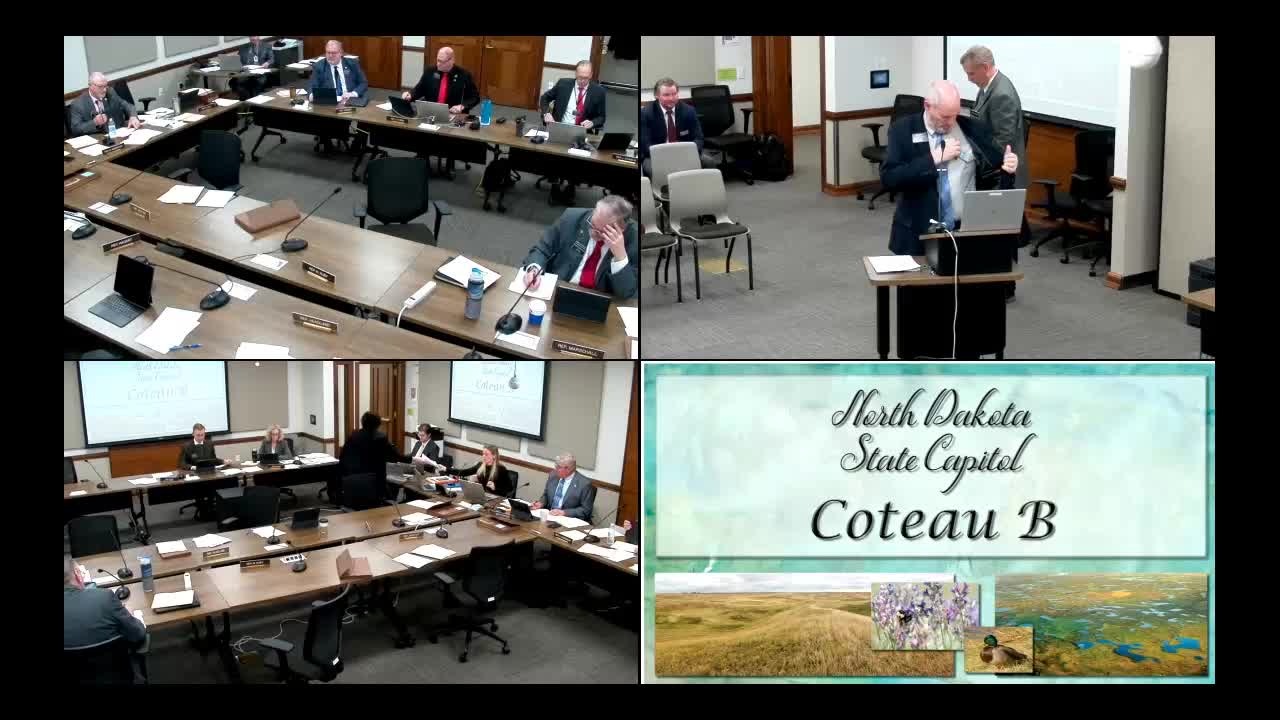
Department of Water Resources, DOT and utilities oppose bill requiring wetland high‑water determinations; farm groups support talks
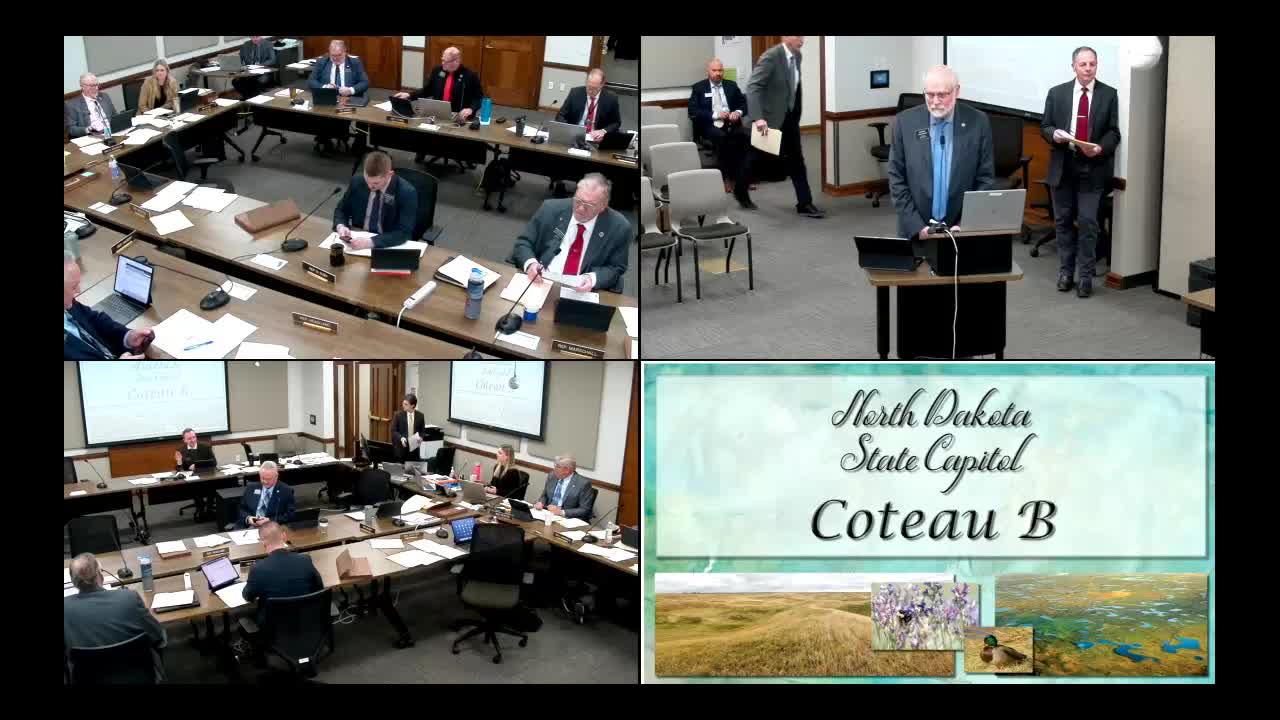
PSC urges removal of outdated renewable objective cited in RTO cost allocations
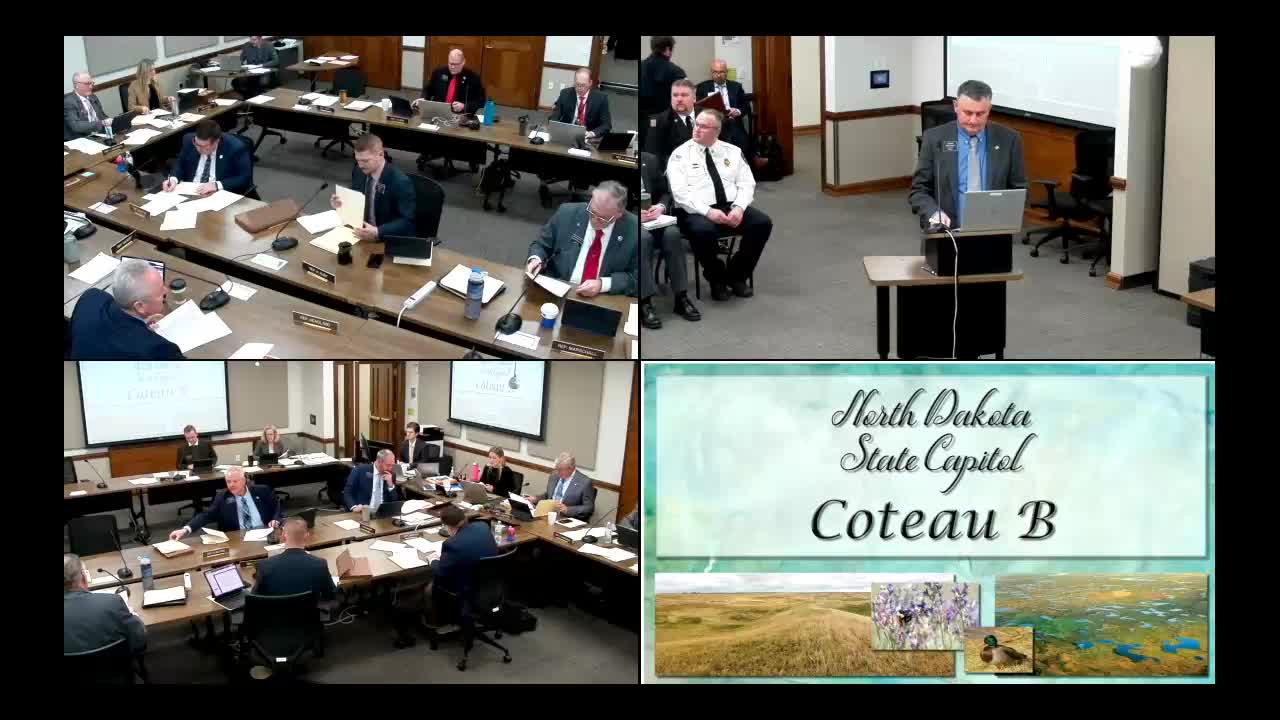
Lawmakers hear utility-backed wildfire mitigation plan bill and insurer objections to liability limits
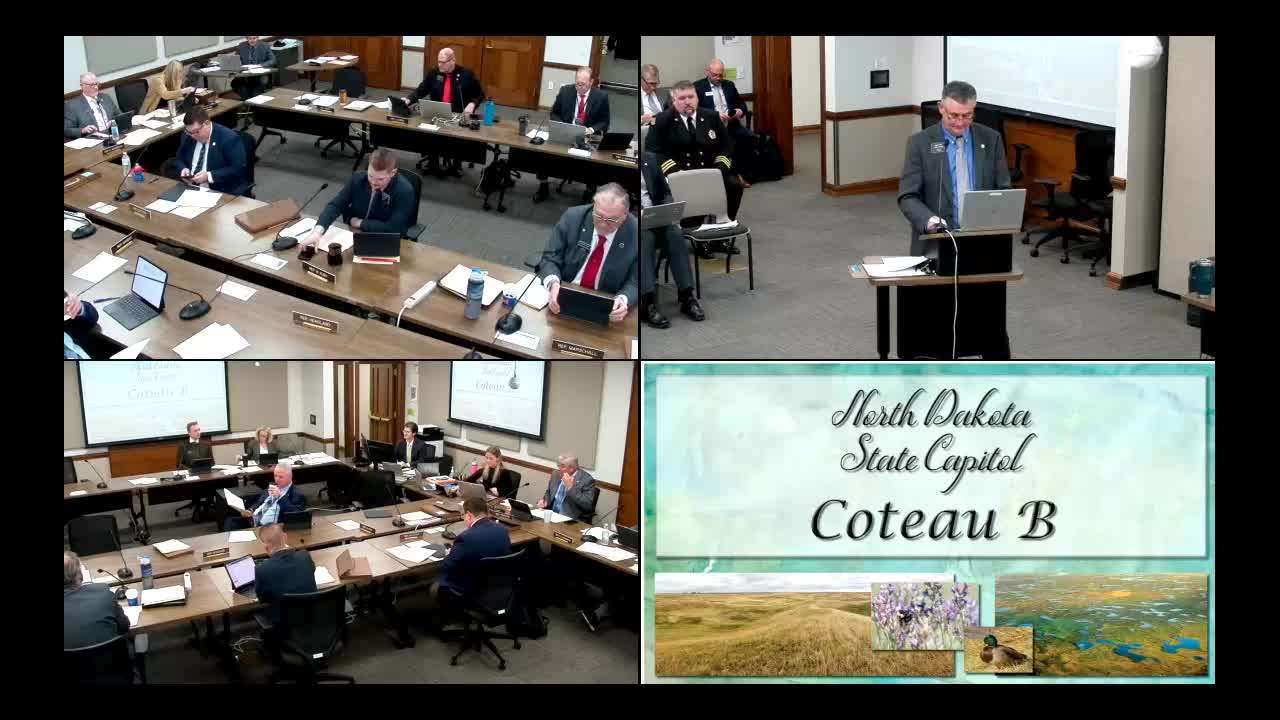
Committee hears proposal for statewide study to bolster fire service after October wildfires
